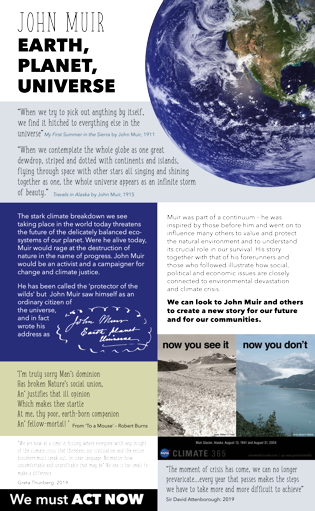

A young George Lucas imagined a drugged out, emotionless populace living pointless lives beneath the earth in THX-1138. Stanley Kubrick's A Clockwork Orange shocked theater goers with its depiction of urban decay, violent gangs controlling the streets, and repressive government. No Blade of Grass imagined food shortages and a violent breakdown of civilization. Sci-fi films were bleak as the decade began. Richard Donner's genre defining Superman continues to inspire, convincing audiences a man could fly. James Bond films such as Diamonds Are Forever and The Spy Who Loved Me took their inspiration from comic books instead of the Ian Fleming novels. Other movies expressed anxiety about computers and technology, ecological concerns, government/corporate cover ups, and space age epics. Muir breaks down 70s Sci-fi/Fantasy genres into general categories including: The Planet of the Apes series commented upon issues of race and nuclear power, a flurry of dystopian and post-apocalyptic films of varying quality.

Two events in 1977 marked a turning point, the inauguration of Jimmy Carter and the release of Star Wars both foreshadowed a return to conservatism. The Watergate scandal had a profound effect on movies and culture, inspiring a number of movies dealing with cynicism and paranoia. The first half of the 70s were a continuation of the 60s with the Vietnam War still raging and a youth rebellion in full swing. In addition to the reviews, one can discern a larger narrative of history if the book is read from cover to cover. The book includes in depth reviews of all the major releases, ranging from the iconic to the obscure. John Kenneth Muir's insightful volume Science Fiction and Fantasy Films of the 1970s takes readers on an odyssey through a compelling decade of genre movies.


 0 kommentar(er)
0 kommentar(er)
